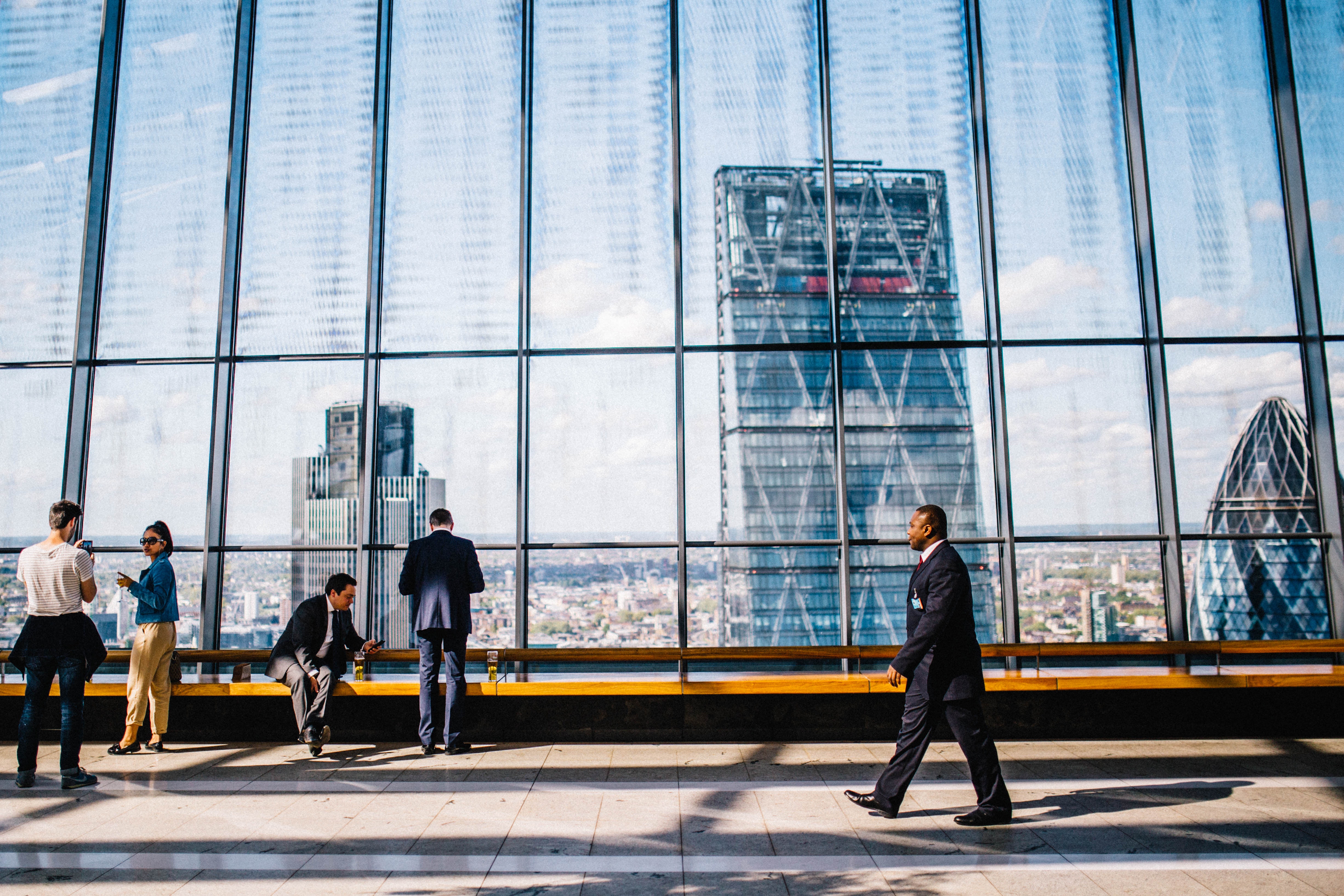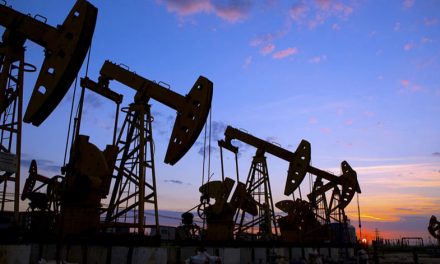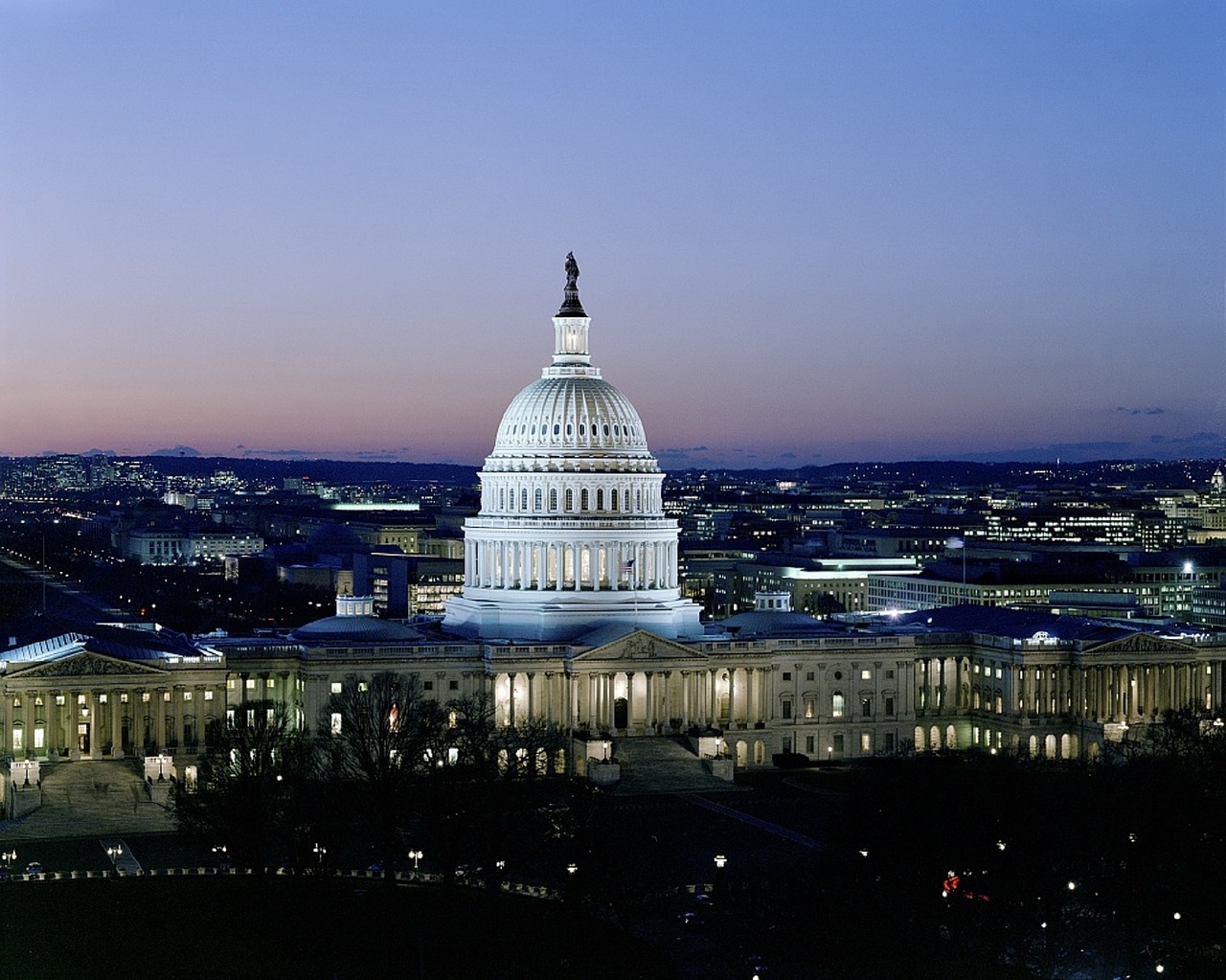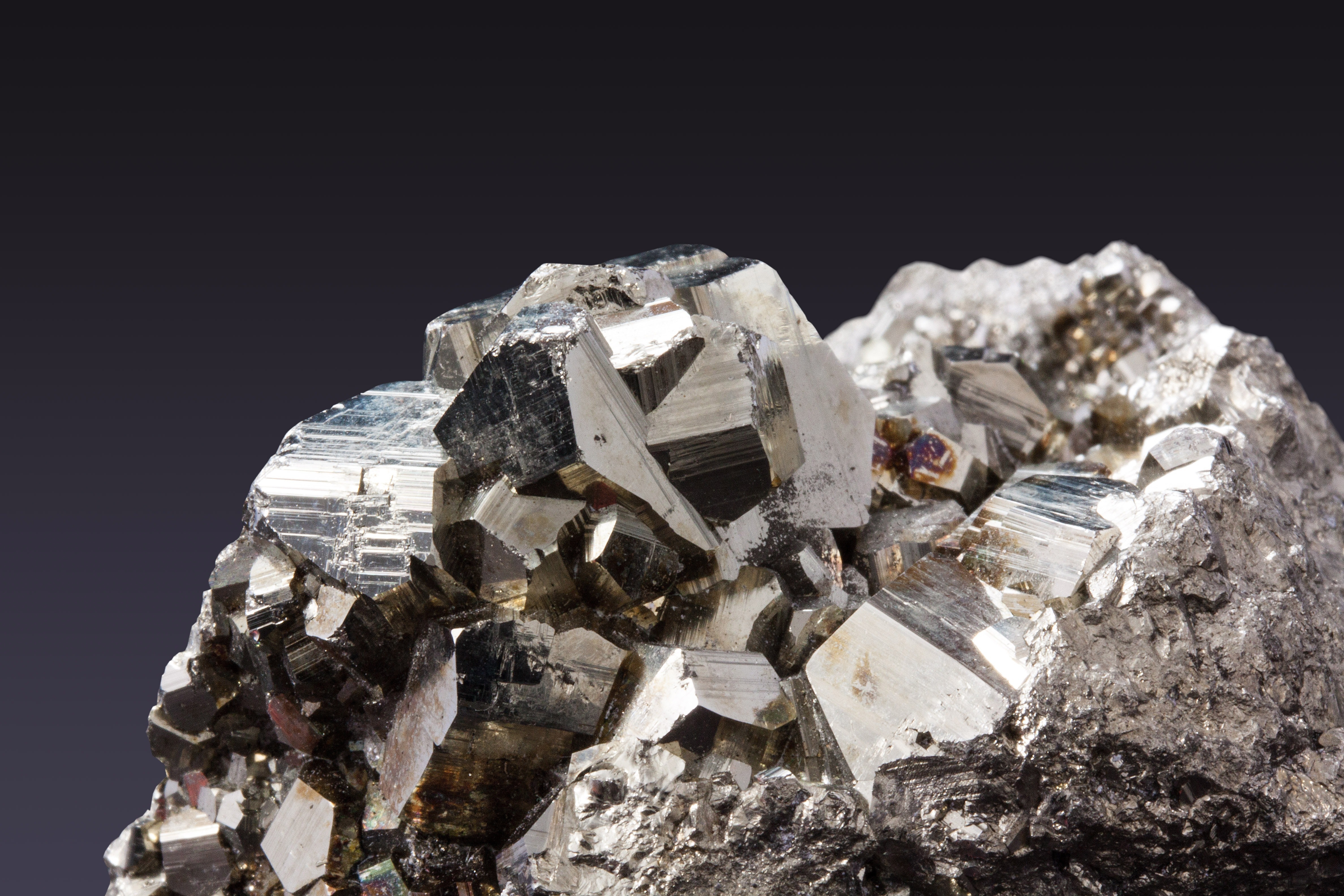Banks that were too big to fail were the challenge of the 2000-aughts. In the 2000-teens, any kind of bigness seems problematic.
Sears, once the biggest mail order house turned retailer is in bankruptcy. IKEA, the world’s largest furniture store has announced it is cutting thousands of jobs and restructuring. Hoping no doubt, that it doesn’t end up like Sears. Actually, IKEA says this is just a restructuring to keep ahead of changes. It’s laying off mostly admin, tech, and office staff because 80% of its consumers now shop online before coming to the store. The company will open new stores, nonetheless.
But this is modest stuff compared to the FANGS that have roiled the stock market lately. Facebook, Apple, Amazon, Netflix and (Google) Alphabet have shed $800 billion since their peak prices in September.
Surprisingly, though each of these companies is at least $250 billion poorer than it used to be, nobody’s in bankruptcy. Not even close.
Apple may not sell as many iPhones as hoped. Facebook has a lot of explaining to do about bots and whatnots. Google revenue projections look lame… but Amazon is adding jobs and new headquarters and all the FANGs are financially solid and full of plans.
Deep Pocket Pain Starts at the Top
Investors have taken a hit, but the FANG CEO’s have really borne the brunt of it. The only thing that might have hurt them worse than the company stock would have been converting shares into Bitcoins. The price of which is about to go under $4,000.
The Daily Mail (UK) has been counting. It reported on Nov. 20, after the US markets had endured three straight days of loss and turned red for the year that execs were bleeding cash. Jeff Bezos (Amazon) net worth was down $42 billion, Mark Zuckerberg (Facebook) was out $34 billion, and Larry Page and Sergey Brin (Google) lost a combined $20 billion.
These are big numbers.
It’s the kind of wealth that is hard to imagine.
When business of this size falters, everyone runs scared. The FANGS are bigger than the banks deemed too big to fail ten years ago.
All these companies have seen big hits to their stocks like this before and gone on to higher prices than ever. But the question this time may not be, “are they too big to fail,” but “are they too big to grow?”
The Law of Large Numbers
At a certain size, economists expect a company’s growth must slow down. The idea behind the Law of Large Numbers is that once something gets too large, new additions in revenues don’t make a material difference.
Fortune published an article in October 2015, when Apple was worth $680 billion, questioning whether Apple could continue to outperform the market or its peers. The Law of Large Numbers said no.
But as Fortune observed at the time, “… last night the market unwittingly provided an irrefutable counter-argument by taking the combined market caps of Google, Amazon and Microsoft to nearly $1.2 trillion. The market seems to have no trouble adding $70 billion to these three companies, whose combined profits are a fraction of Apple’s, but won’t allow the same for a single company.”
Not only has Apple defied that challenge, today its market cap is $838 billion. That’s after taking a whipping in the stock market this month.
It may be true that a very large company cannot outgrow its peers for years on end without slowing down. If so, investors would be wise to fold their positions and look for newer, smaller upstarts.
The problem lies in the word “peers.” Apple outgrew several computer companies over the years since it began. Recently, however, Lenovo and HP are clocking stronger computer growth.
And Apple is no longer just a computer company. It’s a phone maker, a music company and purveyor of multiple personal devices from watches to tablets.
Amazon beat all the other booksellers, barring Barnes & Noble, into oblivion, and it continues to grow faster and faster. Because Amazon is not just a company that sells books anymore. In fact, it’s not just an online retailer anymore either. It’s a data management company, a cloud services company, and a personal device company as well.
Investors don’t have to worry about whether companies are too large. They only need to worry about whether they are likely to run out of ideas, talent, and the bravery to change as conditions around them evolve. Sears didn’t. Amazon does. FANGs still have bite.















